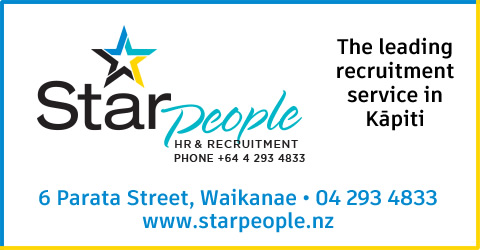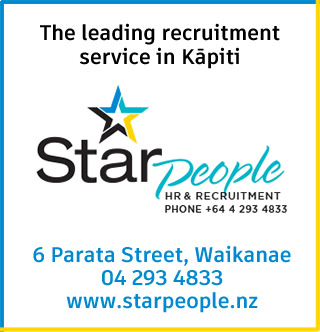Kāpiti Mayor K Gurunathan says the relationship between councils and Local Government NZ who act as their advocates to central government is very important. A recent opinion piece on KCNews by Kāpiti Cr Jackie Elliott also examined the role and relationships between councils and LGNZ.
Mayor Gurunathan says “I refer to Cr Elliott’s recent opinion piece. Given the important role that LGNZ plays in supporting local authorities I think it’s critical to get the facts right about the important challenges that LGNZ is engaged with on our behalf. So I have asked its CEO Malcolm Alexander to respond directly. I’m grateful to Cr Jackie Elliott for continuing a critical discussion in the community.”
Localism
“The Localism project is one of LGNZ’s four flagship projects alongside Housing 2030, Water 2050 and Climate Change that are key parts of LGNZ’s 2018/19 to 2020/21 Business Plan adopted by the National Council in March. The Business Plan was adopted after consultation with members,” says Mr Alexander.
“As part of that consultation process, you may recall that the President and I visited Kāpiti Coast District Council to speak to councillors on 22 February 2018 specifically to discuss the draft Business Plan and the localism project was a part of that presentation.
Mr Alexander says Councillor Elliott appears to misunderstand the funding issue. “A core part of the localism project is a review of local government funding mechanisms. A localism approach could never be funded by a rates-based funding model.
Water
Mr Alexander says the Government is in the middle of a review of Three Waters regulatory settings and service delivery models following the Havelock North Inquiry.
“LGNZ is currently liaising with the Government through a Reference Group and is providing advice and a sounding board to officials as they develop high level policy options which will be considered later this year. Our involvement in this process does not signify support for some of the options being considered. Indeed it is part of a strategy to ensure as best we can that unsound options are rejected early.”
Mr Alexander says LGNZ has said publicly that it supports changes that will deliver demonstrably safe drinking water.
“A key failure of the past was an inadequate enforcement regime. LGNZ agrees with the Inquiry that a more credible enforcement regime is required and on this basis an independent drinking water regulator (this role would move from the Ministry of Health) appears to have merit,” he says.
The Inquiry recommended also that council waters service delivery be aggregated into large delivery units. LGNZ’s present position is to oppose mandatory aggregation. LGNZ presently considers that once the regulatory outcomes are specified, councils should be free to decide how best they wish to achieve those outcomes (this approach is consistent with localism). Mandatory aggregation is not consistent with aggregation.
Mr Alexander says LGNZ will be polling councils shortly to ascertain their positions on regulation and aggregation. This response will assist LGNZ to develop a final position.
“Regarding the privatisation of water assets, the Government has made it very clear that continued public ownership of water assets will continue.”




























